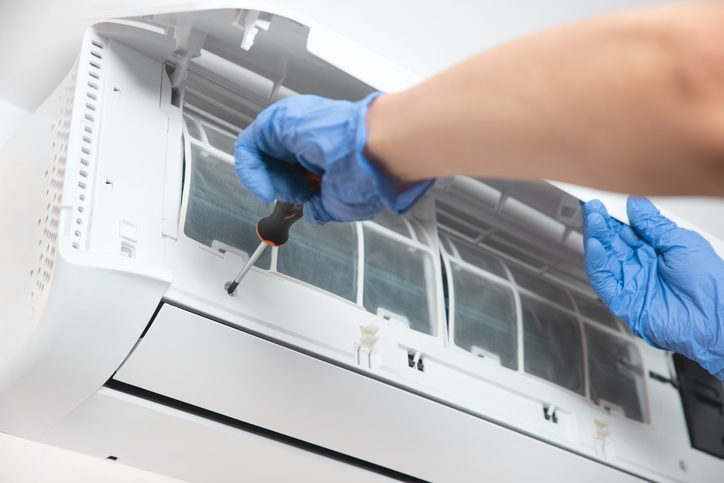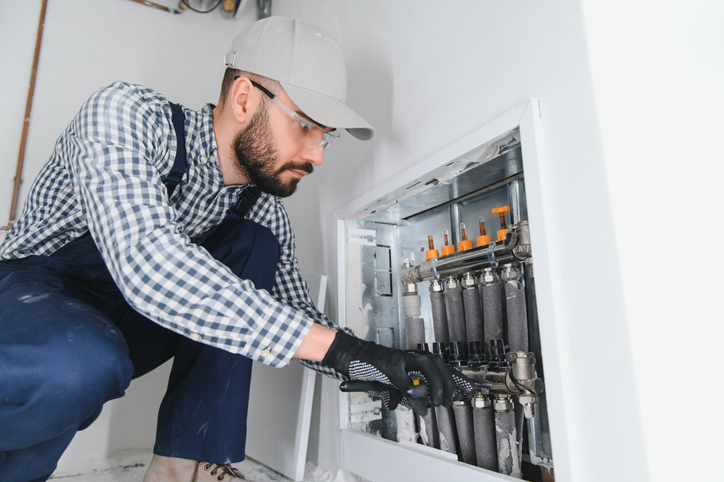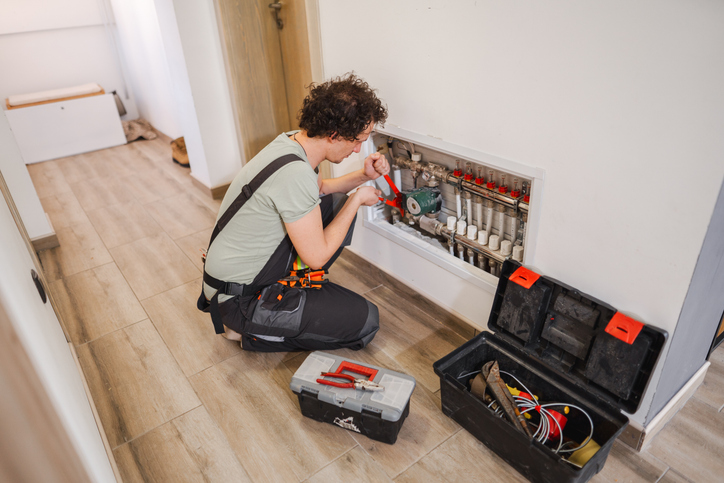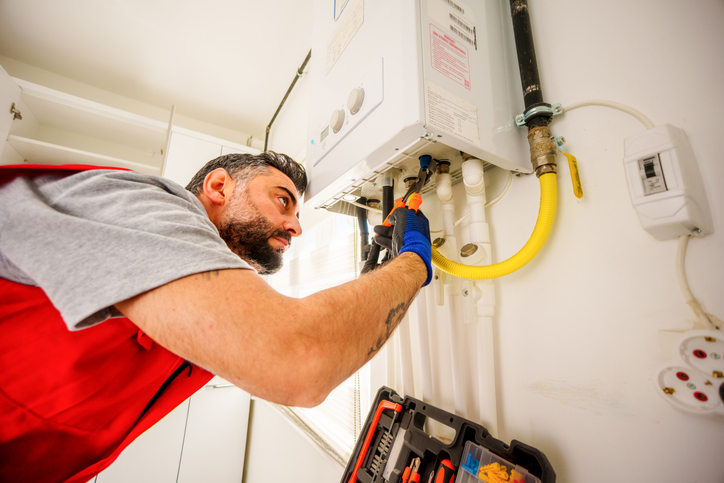As summer approaches and temperatures rise, homeowners depend on their air conditioning (AC) units to keep their homes cool and comfortable. However, like any appliance, AC systems have a finite lifespan and can begin to show signs of wear and tear. Recognizing the signs that indicate it’s time for an AC replacement is crucial for maintaining comfort and energy efficiency. This comprehensive guide will explore the ten essential indicators that suggest your AC may need replacement, helping you make an informed decision for your home.
1. Age of the Unit
One of the primary indicators that it’s time for the replacement is the age of your unit. Most systems have a lifespan of up to 15 years. If your system is nearing or outshining this age range, it could indicate the need for a replacement. Older units tend to lose efficiency, leading to higher energy bills and an increased likelihood of breakdowns. Assessing the age of your AC can help you decide whether it’s worth investing in repairs or upgrading to a newer model that offers improved performance and energy efficiency.
2. Frequent Repairs
If you are frequently calling for AC repairs, it may be a sign that your unit is nearing the end of its life. Common repair issues such as compressor failures, refrigerant leaks, or faulty electrical components can accumulate in cost, making continued repairs less economical than investing in a new system. If your repair bills are consistently adding up, it’s worth evaluating whether a new AC unit would save money.
3. Rising Energy Bills
Higher power bills can be a sign of an inefficient air conditioning system. As AC units age, they often struggle to cool your home effectively, leading to longer run times and increased energy consumption. If you’ve seen a significant spike in your energy costs without a corresponding shift in usage patterns, it could indicate that your AC is working harder than it should be. In such cases, replacing your unit with a more energy-efficient model can lead to substantial savings on your utility bills.
4. Inconsistent Temperatures
Are certain rooms in your home warmer than others despite your AC running? Inconsistent cooling can indicate a problem with your AC system, such as inadequate airflow, ductwork issues, or a failing compressor. If your unit struggles to maintain a consistent temperature throughout your home, consider a replacement. A new, more advanced system can provide better temperature control and improved comfort.
5. Excessive Noise
Unusual noises coming from your AC can be a sign of mechanical issues. If you hear loud banging, hissing, or rattling sounds, it may indicate that components are malfunctioning or that the system is experiencing significant wear and tear. While some noises can be resolved with minor repairs, persistent loud sounds often signify that the unit is nearing the end of its life. A quieter, more efficient model may be the ideal solution for enhancing your home’s comfort.
6. Foul Odors
Unpleasant odors emanating from your AC system can indicate a serious problem. Musty or moldy smells may suggest mold growth in the ductwork or the AC unit itself while burning smells could signal electrical issues or overheating components. If your AC emits foul odors, it’s essential to address the issue promptly. Continuing to operate a unit with these signs could lead to health risks and property damage. In many cases, replacing the unit can eliminate the issue and improve indoor air quality.
7. Poor Airflow
If you witness weak airflow from the vents, it may be a sign that your AC is struggling to function properly. This could be due to issues such as blocked ducts, clogged filters, or failing components. While some airflow problems can be resolved with maintenance, persistent weak airflow often indicates that your unit is nearing the end of its lifespan. A new AC unit can provide better airflow and ensure consistent cooling throughout your home.
8. Refrigerant Leaks
Refrigerant is essential for cooling your home effectively. If you notice pooling water or ice forming around your AC unit, it may indicate a refrigerant leak. Not only is this a sign of a malfunctioning system, but it also poses environmental hazards. If your unit is low on refrigerant due to leaks, replacing the unit is often more cost-effective than repairing it. Newer models are more environmentally friendly and efficient, ensuring that you stay cool without harming the planet.
9. Environmental Considerations
As concerns about climate change and energy efficiency grow, many homeowners are opting for environmentally friendly air conditioning solutions. If your current system uses outdated refrigerants, such as R-22, it may be time for an upgrade. Modern systems use R-410A or other eco-friendly refrigerants that have less impact on the environment. Investing in a new AC unit can not only enhance your comfort but also align with your commitment to sustainability.
10. Local Incentives for Replacement
Many regions offer incentives for homeowners to replace older, inefficient AC systems with newer, energy-efficient models. These incentives may come in the form of rebates, tax credits, or financing options that can help offset the cost of a new system. Research local programs in your area that encourage energy-efficient upgrades, as they can significantly reduce the financial burden of replacing your AC.
Recognizing the signs that it’s time for an AC replacement can help you make informed decisions for your home and ensure year-round comfort. By paying attention to the age of your unit, frequency of repairs, energy bills, and overall performance, you can determine when it’s time to invest in a new system. Upgrading to a modern, energy-efficient air conditioner not only enhances your comfort but also supports environmental sustainability and can save you money in the long run.
If you’re experiencing any of the signs mentioned above, don’t wait until your AC fails. Contact a professional HVAC technician from us at Global Cooling & Plumbing+ at (830) 992-7887 to assess your system and discuss replacement options. Investing in a new air conditioning unit will keep your home comfortable while also saving you money on energy bills and repairs.









